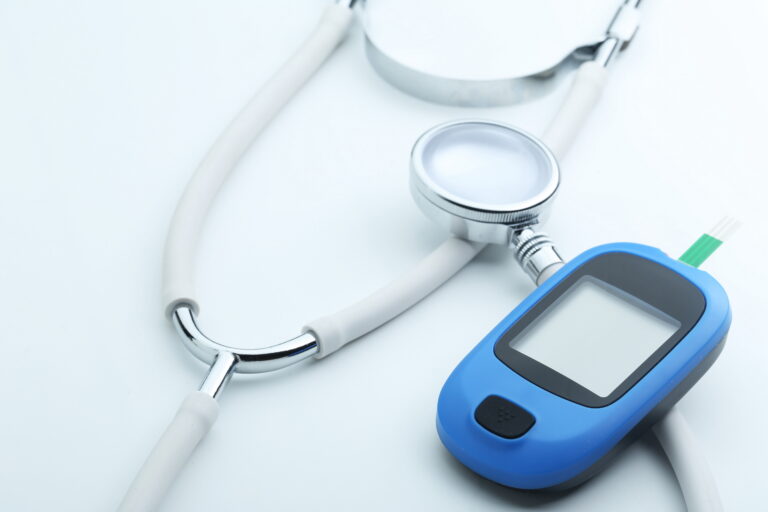
Contents
Diabetes, a condition affecting how your body regulates blood sugar, can be a confusing topic. There are two main types, and understanding the key differences between type 1 and type 2 diabetes is crucial for proper diagnosis and management.
The Insulin Connection
Both types of diabetes involve the hormone insulin, which acts like a key, allowing glucose (sugar) from your bloodstream to enter your cells for energy. However, the way your body produces and uses insulin differs in each type.
- Type 1 Diabetes: An autoimmune disease, type 1 occurs when your immune system mistakenly attacks and destroys the insulin-producing cells in your pancreas. This results in little to no insulin production, leaving your cells starved for energy while sugar builds up in your bloodstream.
- Type 2 Diabetes: In this more common form, your body either develops insulin resistance (cells become less responsive to insulin) or experiences a gradual decline in insulin production. While some insulin is present, it’s not enough to keep blood sugar levels under control. You can also take Metformin Hcl 500 mg to treat type 2 diabetes.
Symptoms and Onset
While both types share some symptoms like increased thirst, urination, and fatigue, the onset and presentation can differ:
- Type 1 Diabetes: Often develops in childhood or young adulthood, with symptoms appearing rapidly over days or weeks.
- Type 2 Diabetes: Can develop at any age, but risk increases with age and certain lifestyle factors. Symptoms may be mild and go unnoticed for years. If you looking treatment for type 2 diabetes then you can take Metformin Hydrochloride 500 mg to treat type 2 diabetes.
Diagnosis and Treatment
A healthcare professional can diagnose diabetes using blood tests. Treatment plans vary depending on the type:
- Type 1 Diabetes: Requires lifelong insulin injections or an insulin pump to deliver insulin and manage blood sugar levels. Maintaining a healthy diet and regular exercise are also crucial.
- Type 2 Diabetes: May be managed through lifestyle changes like diet, exercise, and weight management. In some cases, medications or insulin may be needed to supplement the body’s insulin production or improve its effectiveness.
Living with Diabetes
Both types of diabetes require ongoing management. However, with proper care and healthy habits, people with diabetes can live long and fulfilling lives. Here are some key takeaways:
- Early diagnosis is essential for both types of diabetes to prevent complications.
- There’s no cure, but effective management allows you to control blood sugar levels and minimize risks.
- Healthy lifestyle choices play a significant role in managing diabetes, regardless of type.
If you’re concerned about diabetes, consult your doctor for a blood sugar test. Remember, knowledge is power. By understanding the differences between type 1 and type 2 diabetes, you can take control of your health and live a well-managed life.